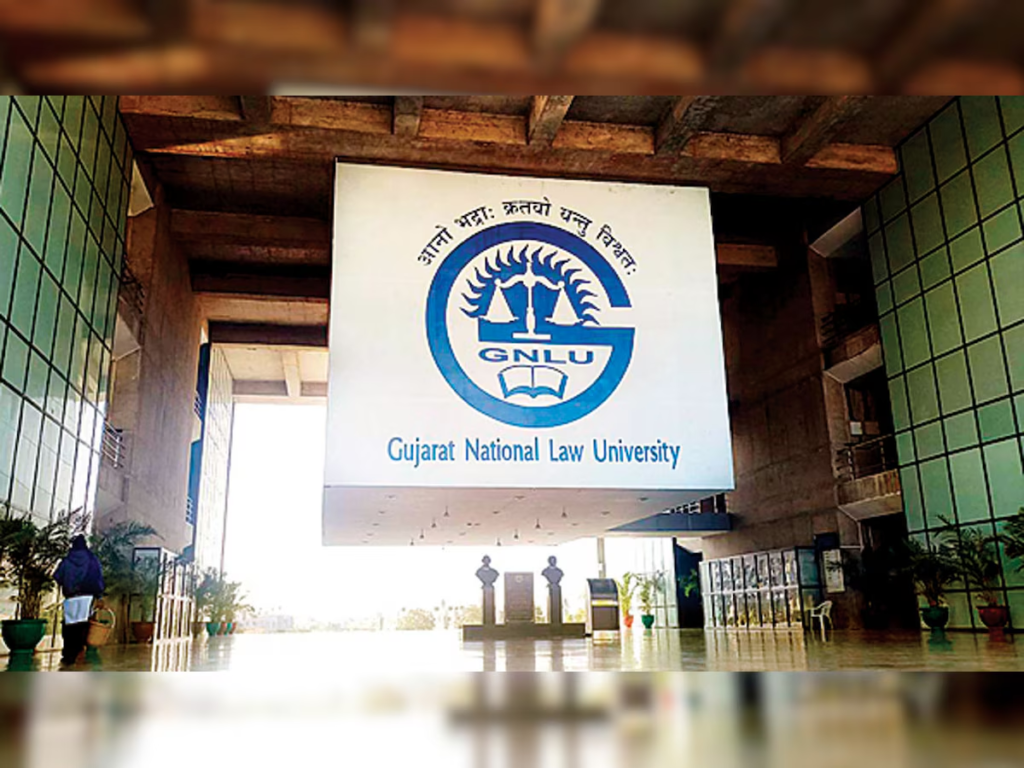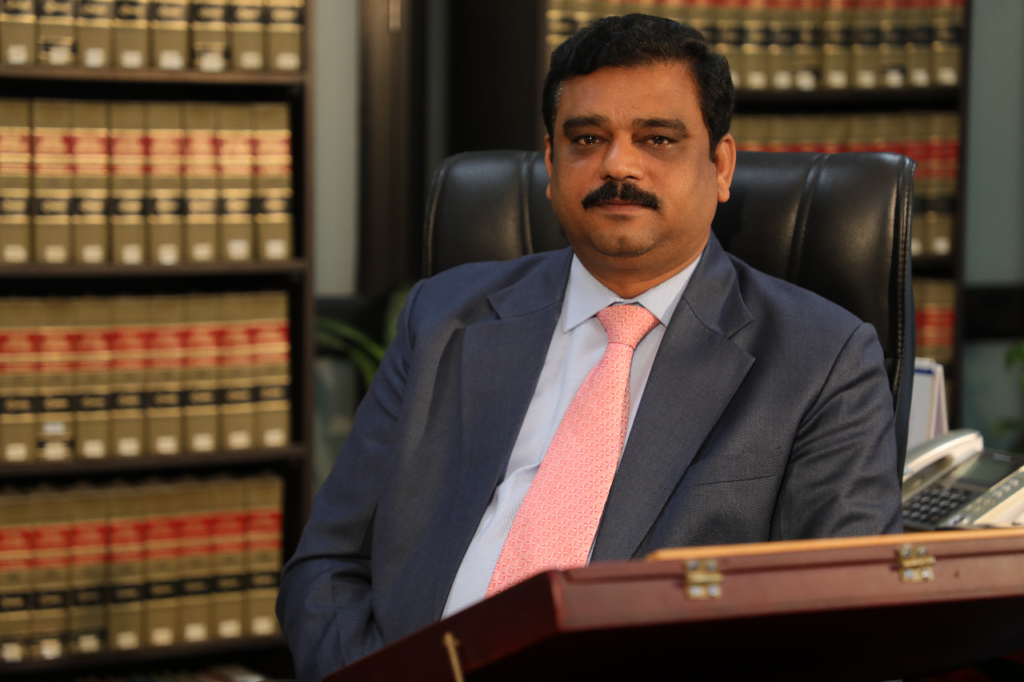What led to the untimely demise of a promising young law student? The corridors of Gujarat National Law University (GNLU), Gandhinagar, are heavy with grief after the tragic death of third-year student Vansh Gaint, who was found in his hostel room on Monday night. While the incident has been classified as a suicide, students are now speaking out, raising serious concerns about the institution’s emergency response and medical facilities.

Table of Contents
Delayed Emergency Response Raises Questions

What happens when a student is in critical need of help, but the response is delayed? According to reports, Vansh’s roommate grew concerned when repeated knocks on his door went unanswered. Worried for his friend’s safety, he sought help from hostel authorities. But as precious minutes ticked by, there was no immediate action. With no other option, students decided to take matters into their own hands—they broke the door down themselves. What they saw inside was heartbreaking. Vansh was unresponsive, and help was needed immediately.
Was the Medical Response Sufficient

In a situation where every second counts, should there be a seamless process to get medical help? Students allege that despite their urgent calls for assistance, there was a delay in medical personnel reaching the spot. Some claim that they had to arrange transport to the hospital themselves, further fueling concerns about the university’s preparedness to handle emergencies.
Why Are Students Raising Their Voices?

Is this just an isolated incident, or does it point to a larger issue? In the aftermath of the tragedy, students have come forward with demands for better medical infrastructure, proper emergency response systems, and access to mental health resources. Many feel that the current system is inadequate and that the university needs to take stronger measures to ensure student safety.
The University’s Response

Does the university recognize the urgency of these concerns? In an official statement, GNLU’s Vice-Chancellor, Prof. (Dr.) S Shanthakumar, expressed his condolences and urged students to prioritize their mental well-being. He emphasized the availability of counseling services on campus, reassuring students that they can seek help when needed. However, the real question remains—is that enough?
A Wake-Up Call for Institutional Reform at Gujarat National Law University

Should students have to fight for something as basic as emergency medical support? This tragic incident has sparked larger discussions about student well-being, mental health awareness, and crisis management in educational institutions. Students are now demanding tangible steps, not just words. They want trained professionals on campus, a faster response mechanism, and proactive mental health initiatives to prevent such tragedies in the future.
Where Do We Go From Here?

How many more voices need to be raised before real change happens? Vansh’s death is a heartbreaking reminder of the gaps that exist in student welfare services. As discussions continue, one thing is clear—urgent reforms are needed to ensure that no student ever feels unheard or helpless in a moment of crisis.
